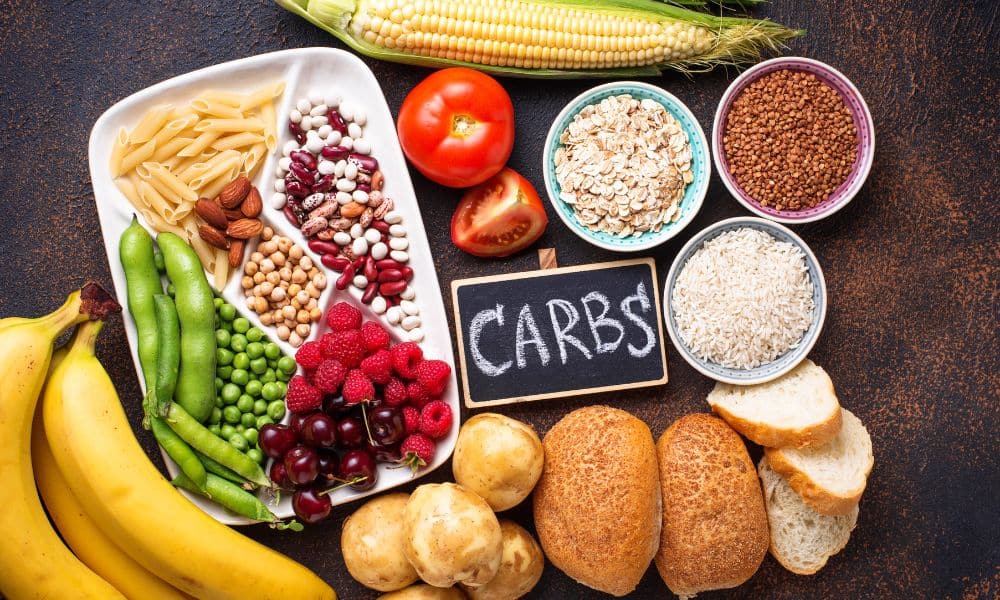How do carbohydrates affect your body? Carbohydrates are one macronutrient your body gets from food. These are the macromolecules that your body converts into sugars. There are many types of carbohydrates depending on the structure, source, and methods of preparation. We directly relate brain and carbohydrates to each other as your mind gets its fuel from carbs.
This article will talk about carbohydrates, their effect on the body, and the link between the brain and carbohydrates.
Types of carbohydrates
Depending upon the structure, two types of carbohydrates affect your body; simple and complex.
1. Simple sugars
In simple words, simple sugars, also known as monosaccharides, include; glucose, fructose, and galactose. Glucose, also known as grape sugar, is present in most sweet fruits and honey. Fructose serves as a sweetening agent. If you join 2 to 9 simple sugars, you get oligosaccharides; sucrose, lactose, and maltose.
2. Complex sugars
Complex sugars have high mass and combine ten or more simple sugars. These include starch and glycogen; both are colorless and known as non-sugars.
Types of carbohydrates that affect your body’s health
Nature did not equally make all carbs. Many people consider carbs ‘bad.’ Carbs are present in any foods that your body consumes as sugars. The carbs found in natural foods like fruits, veggies, dairy, beans, pulses, and whole wheat foods are vital for your health. However, the refined carbs present in white rice, white bread, and white sugar are unhealthy. When you eat processed carbs, they cause an abrupt increase in blood sugar levels, causing diabetes. They can also cause obesity as they digest quickly.
How carbohydrates affect your body’s digestive system
The process of digestion begins in your mouth. Most of the foods have complex sugars and need enzymes to break them into smaller sugars. While you chew your meal, it gets mixed with salivary enzymes and then goes to your stomach. The food then enters the small intestine, where the pancreas releases amylase that decomposes carbs into disaccharides. The enzymes in the small intestine further convert disaccharides into monosaccharides. In this way, your body consumes carbs.
How carbohydrates affect your brain’s control over your body
You can know the connection between the brain and carbohydrates because we call carbs ‘brain food.’ Carbohydrates are one of the significant sources of energy for your mind. You know that the brain controls many of your actions and activities. Therefore, it needs a continuous supply of energy for proper functioning. Your brain needs at least 100 grams of carbohydrates each day to function at its optimal level.
How carbohydrates affect your body as energy
Have you ever wondered how a bite of bread you eat converts into energy? One of the primary functions of carbs is to provide power to your body. When your carbs absorb into your bloodstream, they transfer to the tissue, where they get processed and used as energy. In addition, your brain usually consumes carbs in glucose, enabling the brain to signal neurons to carry out a process.
How carbohydrates affect stomach fat and muscle growth in your body
Your body stores carbs in your muscles as glycogen. However, if you eat extra carbs, your body stores them as fat for later use. If you want to gain muscles, you must add carbs to your diet. They help to repair your muscles. Carbohydrates affect your body by providing energy to fuel muscles, the brain, and other vital organs.




